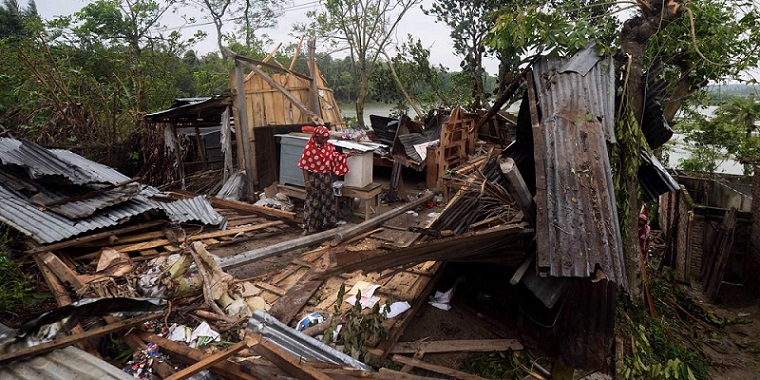Why Disaster Preparedness Cannot Wait

'Delay and pay, or plan and prosper', is the crystal clear message from IFRC Head, Jagan Chapagain and Andrew Steer, President and CEO of the World Resources Institute, in a recent piece titled, Why Disaster Preparedness Cannot Wait.
With mounting evidence that climate change is behind the growing intensity of frequency of floods, storms, droughts, and wildfires, no greater has been the need for significant investments in disaster preparedness and resilience. Chapagain and Steer cite an even greater need, brought on by a series of recent 'new' hazards. From locust swarms to Saharan dust storms and the novel coronavirus pandemic, and further, the impending collision of these.
Critical, they say, is the urgency for action, citing a narrow timeframe to invest while financial resources and the appetite for change are high. If we delay, the momentum and the opportunity will be lost. While up-font costs for disaster preparedness is hefty, the senior climate-adaptation advocates make a solid case for ROI citing research in benefit-to-cost ratios for climate-adaptation investments as well as the significant human cost savings referenced in the IFRC's 2019 The Cost of Doing Nothing report.
This invaluable investment in preparedness they say will set humanity on a safer path for the foreseeable future and beyond.
Read the full article here: Why Disaster Preparedness Cannot Wait
Originally published: June 26, 2020 on Project-Syndicate.Org
Photo: Munir Uz Zaman/AFP via Getty Images



